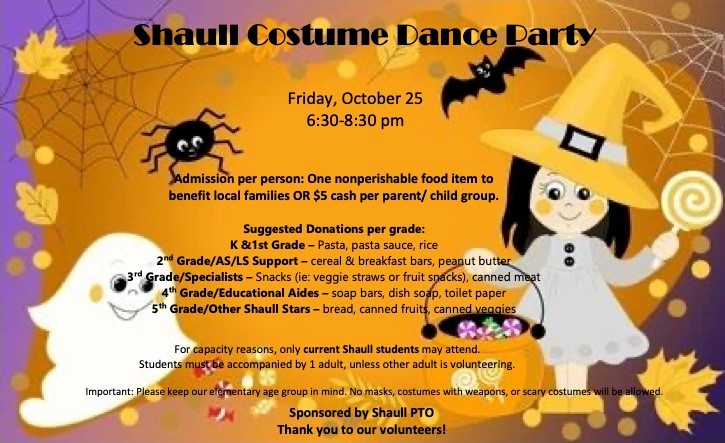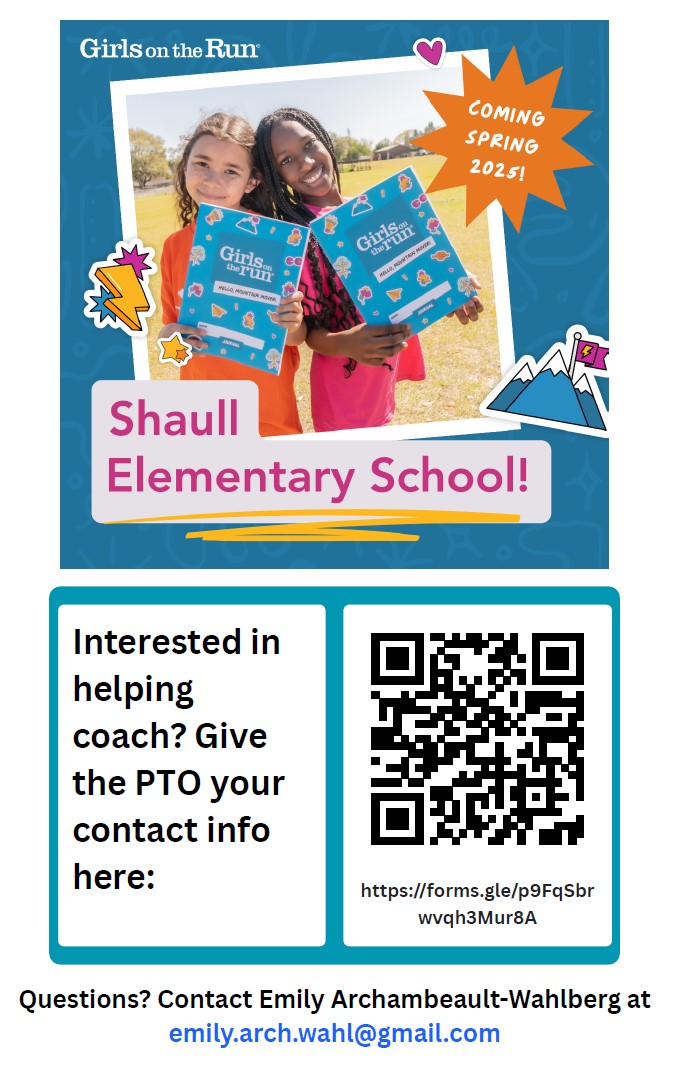Last week we highlighted Digital Citizenship Week at Shaull. As part of Digital Citizenship Week, we held an essay contest for 3rd through 5th grade students. We received 34 impeccably written essays from students in all three grades! Our contest winner was 3rd grade student, Alice! Congratulations, Alice, for your well thought out essay on what Digital Citizenship means to you!
Digital Citizenship is something we teach through our Explorations curriculum with Mr. Willey, however, it is also something that every family should be thinking about in our very connected world. Please review the below informational sites for more information on how you can ensure your child is being a good digital citizen.
Kids and Social Media: https://pedialliance.com/socialmediaguide
CV Elementary Handbook (Pages 16-17): https://core-docs.s3.us-east-1.amazonaws.com/documents/asset/uploaded_file/4694/CVS/4713155/2024_2025_Elementary_Handbook.pdf
Information provided by CV School Police Sargent Shifflett:
Sargent Chad Shifflett met with students last year to talk about online safety including what to do if you are in a group chat that contains inappropriate speech or cyberbullying. During a very informative session, several students had questions that required follow up. Below is the follow up information from our SRO. This information is helpful for all students:
Kids and Group Chats - How to Help them Avoid Disaster
As parents we need to remember that these are young children who are novices at social interaction with developing brains that lack the ability to fully comprehend the consequences of their actions. What feels to a 9, 10, or 11 year-old like a silly or benign comment can have very real negative consequences. As such, we would like to provide some MUST KNOWS for kids so that parents can mentor their children and guide them as they navigate this thorny landscape.
STOP and THINK
Kids need to understand the concept of an “invisible audience.” The term “invisible audience” refers to all the people out in the world who are not part of your immediate text or social media audience, but who could potentially see whatever you say at some point in the future. The fact is that anything our children post or say can be quietly re-shared to people who aren’t on the original chat causing potential pain and regret. What I always tell kids is:
“If you don’t want your parents, grandparents, teacher and all the kids at your school to see it, then DO NOT hit send.”
MEANNESS AND BULLYING
There is a kind of false courage that people feel when they don’t need to look someone in the eye or deal with a person’s reaction face to face. But the truth is that words hurt and can sting even more when they are disconnected from an in-person connection. Our kids should simply follow the rule:
“Do not say anything in a text that you wouldn’t feel comfortable to say to someone face to face.” If your child is guilty of hurting someone with their texting, I recommend a thoughtful conversation about the pain that words can cause and perhaps it's time to take texting away, your child may simply not be ready for the responsibility.
In addition to being a perpetrator or a victim there is also the role of bystander. It can be painful to witness cruelty, bullying or inappropriate content in a texting situation. Kids often report that just being a witness to bullying can feel very stressful. If a group chat starts to get mean, we can advise our kids to:
Leave a text group that is turning mean or inappropriate.
Come to a parent to talk about your feelings and what to do. You can let them know that you’ll work out a solution together.
Some kids feel comfortable standing up to meanness and bullying, but for many this can feel scary. Let your child know that another option is to reach out to the victim of the harassment separately just to let them know that they saw what happened and that they support them.
TONE AND MISCOMMUNICATIONS
Humans rely on facial expressions, body language and tone of voice to understand one another’s intentions. Imagine if we didn’t have these cues - we’d be robots! Unfortunately, none of these cues exist in texting. It’s our job to teach our kids the importance of these cues and the consequences of not having them. It is very easy to misinterpret a text or have your words misinterpreted.
Luckily, kids can make up for this lack by using emojis - and we know kids love emojis! Just one or two well placed emojis can make your tone clear.
GROUP TEXT OVERWHELM
Group chats can quickly become overwhelming with hundreds of texts coming through every hour! Many kids can’t handle it or feel tremendous stress trying to keep up. Here are strategies you can encourage your child to implement:
Mute the chat or just leave it.
Set your device to Do Not Disturb and check in on the chat later to see what you’ve missed.
HOW INVOLVED SHOULD PARENTS BE IN THE GROUP TEXT?
If young children are going to be allowed to run free on these tech platforms some parental monitoring is necessary. If you decide to allow your elementary aged child texting privileges, you can explain the following:
“This is a learning process which will likely have some bumps along the way. In the beginning I will be on the text thread with you or have a set up where I am able to see your texts so that I can monitor for problematic situations and offer guidance to you when things get tricky.”
If they don’t like that arrangement, then they simply don’t have to text. Once they get older and you see that they are responsible and know how to take care of themselves in texting situations you will stop monitoring as much.
If you are monitoring your child’s texts, you may be tempted to intervene and speak up in the chat when things start to go sideways. I highly recommend you stop and assess the potential consequences for your child before doing so. Inserting ourselves into a group text or admonishing another child in the chat puts your child in a very vulnerable position socially and could lead to kids pushing them out of the social circle. If you see something you don’t like in the chat, a better option might be to calmly sit down and review the text thread with your child. Ask them their feelings about it. Let them be heard. Then, express your concerns. Come up with solutions together and dole out consequences as needed if your child was involved. If you see that another child is constantly misbehaving in the chat, I would alert that child’s parent as to what is going on so that they can handle it. While we would all occasionally love to step in and parent someone else’s child, it’s not our place and can create more drama.
Lastly, if this group chat goes off the rails, you can insist your child remove themselves from it or you can remove texting privileges altogether until your child is mature enough to handle it.
How to leave a group chat: https://www.youtube.com/watch?v=Dd4q_LrQ66E




















